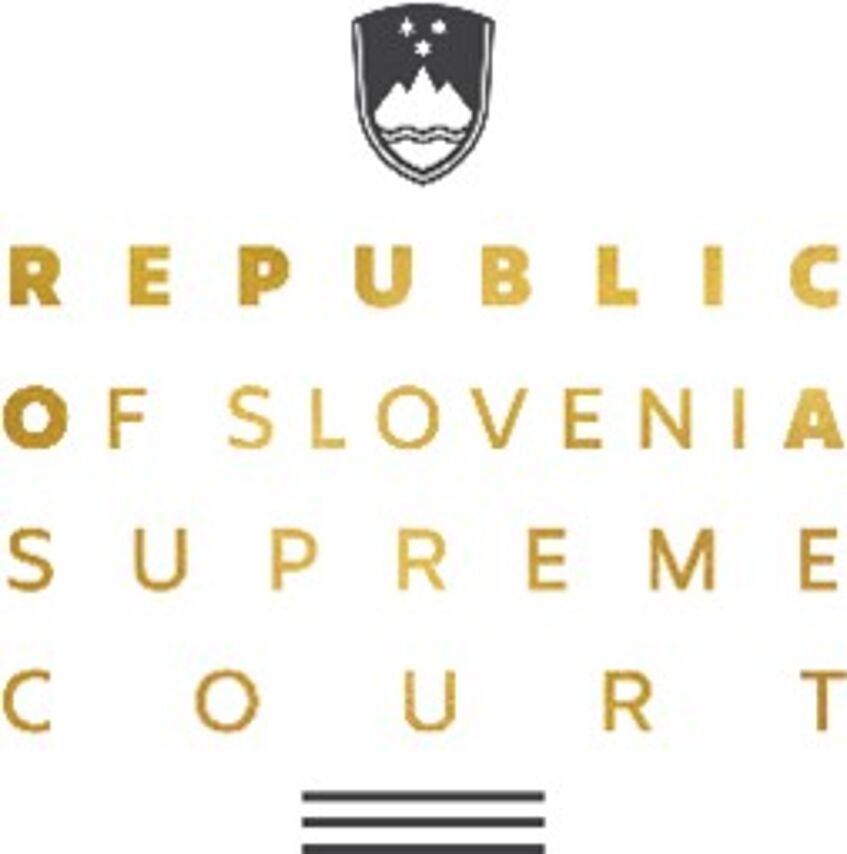Membership Type:
Institutional Observer
Address:
Tavčarjeva 9, 1000 Ljubljana, Slovenia
Telephone:
+386 1 366 42 00
Email:

The Supreme Court of the Republic of Slovenia stands at the top of the country’s judicial system as its highest judicial authority. Its primary mission is to ensure the uniform application of law and safeguard the coherent development of jurisprudence. By shaping consistent legal interpretation, the Court strengthens legal certainty and contributes to the stability of the Slovenian legal order.
The Court’s primary function is to decide on extraordinary legal remedies arising from final judgments of lower courts. Its jurisdiction covers all major areas of law, including criminal, civil, commercial, labour and social, and administrative matters. In addition, it is responsible for resolving jurisdictional disputes between courts and for maintaining comprehensive databases of case law, which serve as an essential tool for judges, legal practitioners, scholars, and the wider public. Importantly, the Supreme Court does not re-examine factual findings established by lower courts; rather, it focuses exclusively on questions of law. This ensures that its decisions set authoritative guidance on the interpretation and application of legal norms.
The Court is led by its President and Secretary General and is structured into specialized departments, with each composed of judges experienced in their particular fields. This structure allows for in-depth deliberation and high-quality decision-making. For cases covering multiple legal fields, an extended panel may be convened to deliver a unifying decision.
Beyond its adjudicative role, the Supreme Court also carries out tasks essential to the broader functioning of the judiciary. It oversees the allocation of judicial personnel, manages the budget for all Slovenian courts, and plays a central role in the digitalization of court operations. It also coordinates international reporting obligations and represents the Slovenian judiciary in various international and European fora. Another key responsibility is the systematic maintenance and publication of case law records, accessible at www.sodnapraksa.si, which promotes transparency and ensures public access to judicial practice.
In collaboration with the Ministry of Justice, it promotes the training and professional development of judges and court staff, while fostering the use of modern technologies to enhance efficiency and transparency. A key part of this effort is the IT Centre for the Judiciary, which operates under the Supreme Court. The Centre develops and supports digital solutions for the entire court system, advancing Slovenia’s judiciary towards greater innovation, accessibility, and responsiveness.
The Supreme Court also plays an active role in international judicial cooperation. It maintains close ties with European institutions, participates in cross-border judicial networks, and exchanges best practices with other Supreme Courts. This engagement not only strengthens the quality of Slovenian jurisprudence but also ensures that the judiciary keeps pace with evolving European and global legal standards.
Through these combined functions, the Supreme Court of the Republic of Slovenia stands as a cornerstone institution, safeguarding the independence, quality, and ongoing modernization of the judiciary.
